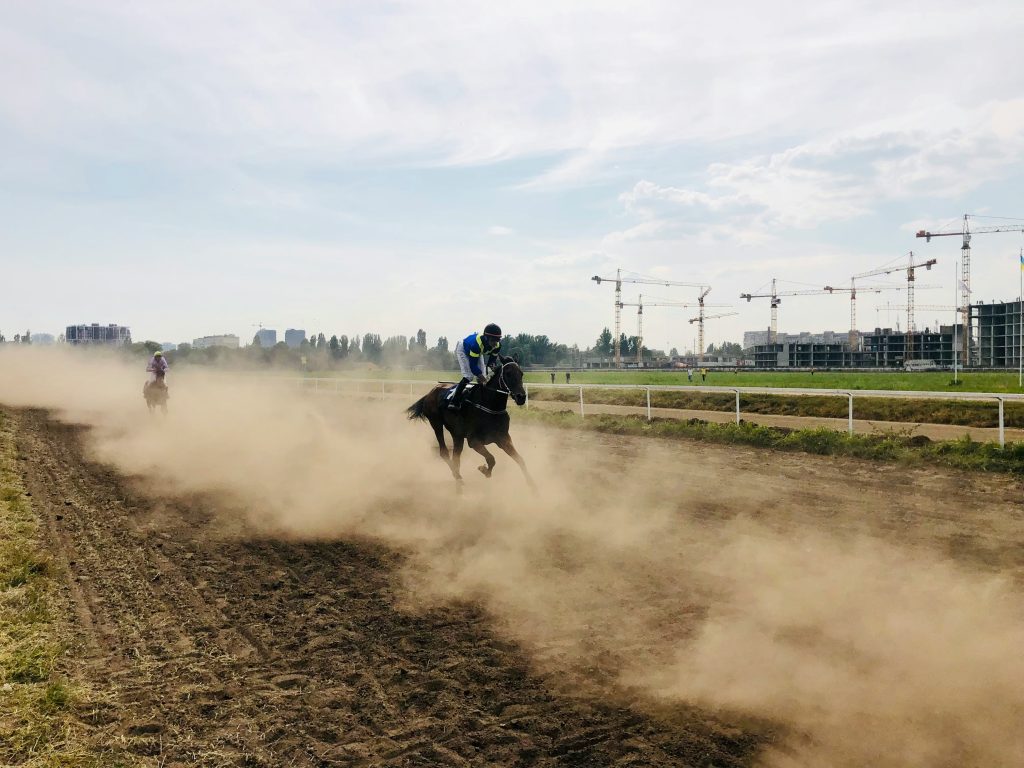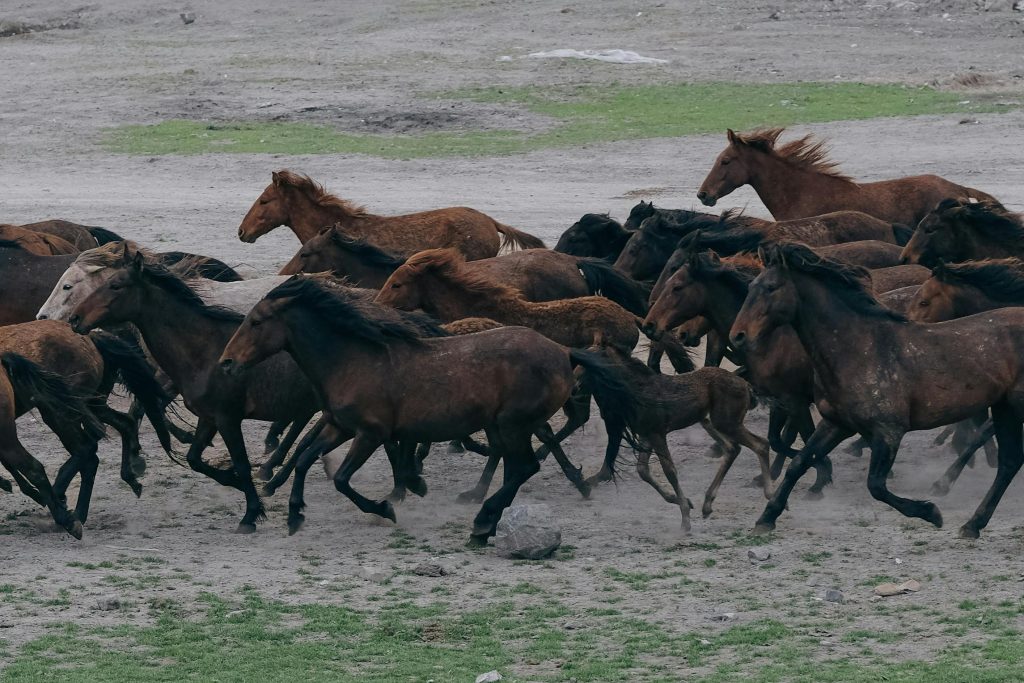ADDITIONAL INFORMATON ON HORSE RACE BETTING
Horse Racing Scandals: What You Need to Know
Horse racing, one of the world’s oldest and most prestigious sports, has a reputation for elegance, speed, and strategy. However, beneath its thrilling surface, the industry has seen its fair share of controversies and scandals. These moments of dishonor have often cast a shadow over the sport, affecting its integrity, reputation, and betting practices. This article explores some of the most infamous horse racing scandals, delving into their impact on the industry and how they’ve influenced the world of betting.
From doping controversies to race-fixing conspiracies, horse racing scandals have long been a part of the sport’s history. While racing enthusiasts come for the excitement, behind the scenes, unethical practices can undermine trust in the system, damaging both the sport’s credibility and the bettors’ confidence. These scandals often raise questions about transparency, fairness, and regulatory oversight, leaving lasting marks on the sport.
We’ll take a closer look at some of the most significant horse racing scandals, how they unfolded, and their impact on the broader industry controversies.


Doping Scandals: Drugs in the Sport
One of the most recurring and damaging scandals in horse racing has been the use of performance-enhancing drugs (PEDs) to influence race outcomes. Doping not only jeopardizes the health of the horses but also compromises the integrity of the races themselves. Over the years, various trainers, jockeys, and veterinarians have been implicated in such schemes, leading to intense scrutiny from governing bodies.
The Bob Baffert Doping Controversy
One of the most high-profile doping scandals involved legendary trainer Bob Baffert. Known for his success in the Triple Crown, Baffert’s reputation took a hit in 2021 when several of his horses tested positive for illegal substances, including Medina Spirit, the 2021 Kentucky Derby winner. Baffert’s defense that the positive tests were due to accidental contamination did little to calm the uproar. The controversy not only brought media attention but also sparked discussions about stricter drug regulations within the sport.
Betting Impact of Doping Scandals
For bettors, doping scandals can severely disrupt confidence in the system. The integrity of race results comes into question, and bettors often feel cheated when the fairness of the competition is compromised. When high-profile cases like Baffert’s emerge, it can lead to massive financial losses, especially for those who bet on horses that were later disqualified. These events also tend to push regulators to increase drug testing and impose harsher penalties on offenders, impacting future betting markets.
Race Fixing: When the Outcome is Predetermined
Perhaps one of the most dramatic forms of cheating in horse racing is race fixing—where the outcome of a race is pre-arranged to benefit certain bettors or insiders. This kind of scandal not only damages the sport but also shakes the foundation of fair competition that horse racing is built upon.
The Fine Cotton Affair
One of the most infamous race-fixing scandals in Australia was the Fine Cotton Affair in 1984. In this case, a lesser-known horse, Fine Cotton, was substituted with a faster horse, Bold Personality, in an attempt to rig a race. The plan quickly unraveled when it became apparent that Bold Personality had been poorly disguised as Fine Cotton. The scandal rocked Australian horse racing, leading to lengthy bans and the disqualification of those involved. The Fine Cotton Affair remains a cautionary tale for the industry controversies, symbolizing how greed can tarnish the sport’s reputation.
Betting Impact of Race Fixing
Race fixing has a direct and often devastating impact on betting. For punters who place bets in good faith, learning that a race was fixed feels like betrayal. It also leads to financial ramifications, with some bettors losing significant sums on rigged races. The outrage surrounding race-fixing scandals often pushes for tighter regulatory frameworks and surveillance, aiming to restore faith in betting markets.
Animal Welfare Violations: A Dark Side of Racing
Horse racing scandals aren’t always about cheating the system—sometimes, they highlight mistreatment and cruelty toward the animals themselves. Horses are the stars of the sport, and their welfare is paramount. Yet, numerous scandals have surfaced involving cruelty, neglect, and even the deliberate killing of horses to collect insurance money.
The Godolphin Scandal
In 2013, the world-renowned Godolphin stable, owned by the ruler of Dubai, Sheikh Mohammed, was embroiled in a scandal when it was revealed that several horses had been administered anabolic steroids. This massive breach of trust raised serious concerns about animal welfare and the ethics of using drugs to enhance performance. The scandal led to a lengthy investigation, tarnishing the reputation of one of the sport’s most prestigious stables.
Impact on the Industry and Betting
Animal welfare scandals often lead to public outcry and calls for stricter regulations. For bettors, these scandals can create moral dilemmas about supporting the sport. When the health and safety of the horses are compromised, some may choose to boycott events, leading to decreased betting activity. Additionally, industry sponsors and regulators are forced to take a harder stance on ethical practices to preserve the sport’s reputation.
Jockey and Trainer Misconduct: The Human Element
While horses are at the heart of racing, jockeys and trainers also play critical roles—and their actions can sometimes land them at the center of scandal. Whether through corrupt behavior or personal misconduct, the human element can cause significant controversies in the industry.
The Kieren Fallon Saga
Kieren Fallon, one of Britain’s most successful jockeys, faced multiple scandals throughout his career. In 2004, Fallon was banned for failing a drug test, and in 2007, he was involved in a race-fixing investigation, though he was later acquitted. Despite his numerous successes on the track, these controversies left a stain on Fallon’s career and raised questions about jockey conduct in the sport.
Impact on Betting Markets
When high-profile jockeys or trainers are implicated in scandals, it creates waves in the betting world. Bettors often place their trust not just in horses but in the trainers and jockeys guiding them. When these figures are caught in misconduct, it shakes the foundation of that trust. Such incidents can result in shifts in betting patterns, with bettors opting for more “reliable” teams or withdrawing from the sport altogether.
The Aftermath: How Scandals Shape the Future of Horse Racing
Horse racing scandals, whether they involve doping, race fixing, or animal welfare violations, leave an indelible mark on the sport. While they create short-term crises, they often lead to long-term reforms. Governing bodies and regulators are forced to impose stricter rules, increase transparency, and ensure greater oversight.
For bettors, these scandals serve as a reminder that vigilance is key. Scandals can have a profound effect on betting markets, whether by altering odds, disqualifying horses, or influencing public perception of the sport’s integrity. In many cases, they also lead to improvements that make future races fairer and more trustworthy for both competitors and bettors alike.

Horse racing, like any sport, has its fair share of scandals that test the integrity of the industry. From doping to race fixing, these controversies impact not only the sport itself but also the betting world that thrives alongside it. While each scandal leaves behind its own set of consequences, they also force the industry to evolve, with new regulations and stricter standards.
As the sport continues to grow, so too does the need for vigilance from both regulators and participants. Bettors should remain informed, understanding that while scandals may arise, the horse racing community is constantly striving to ensure fair play and maintain the thrill of the sport for everyone involved.